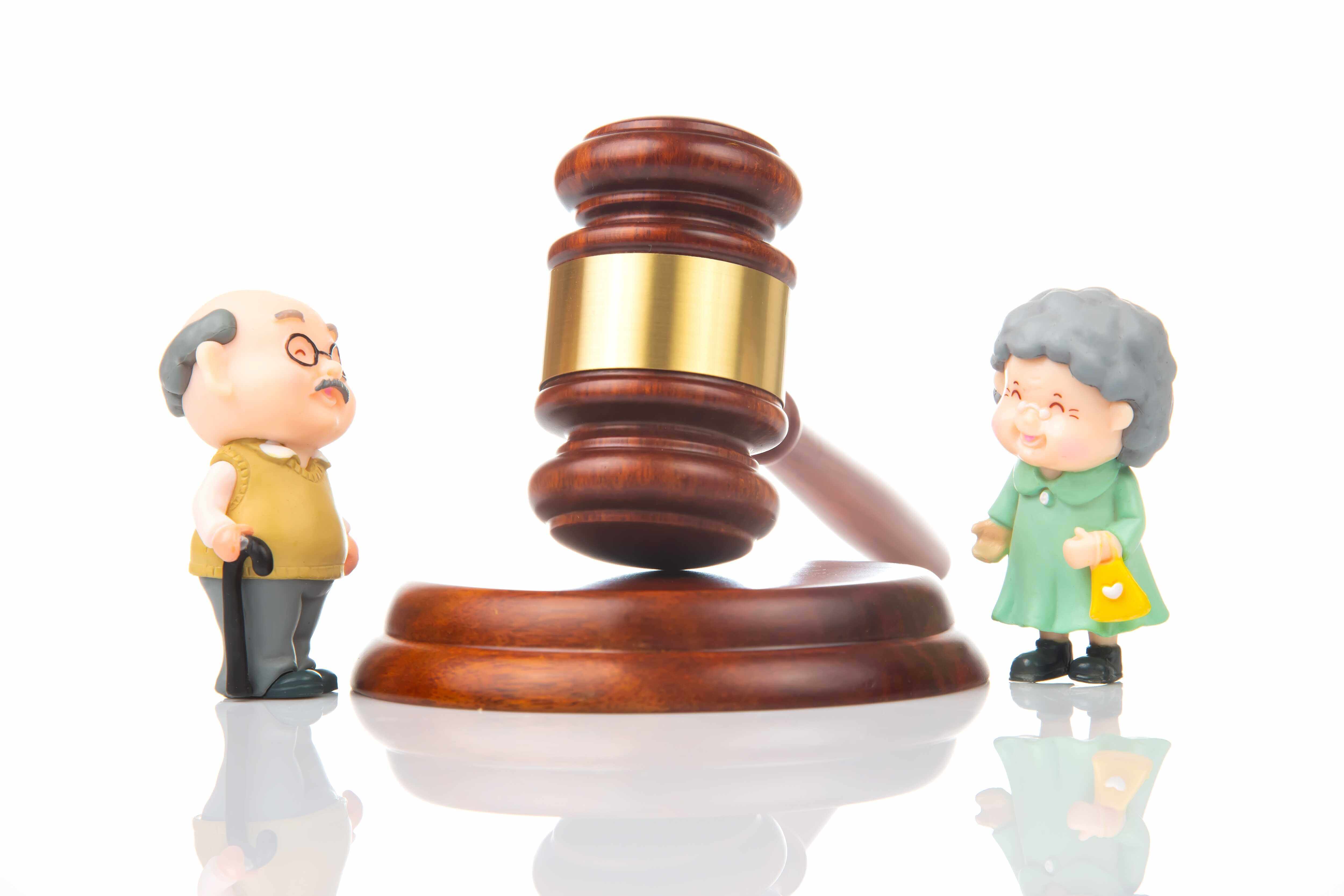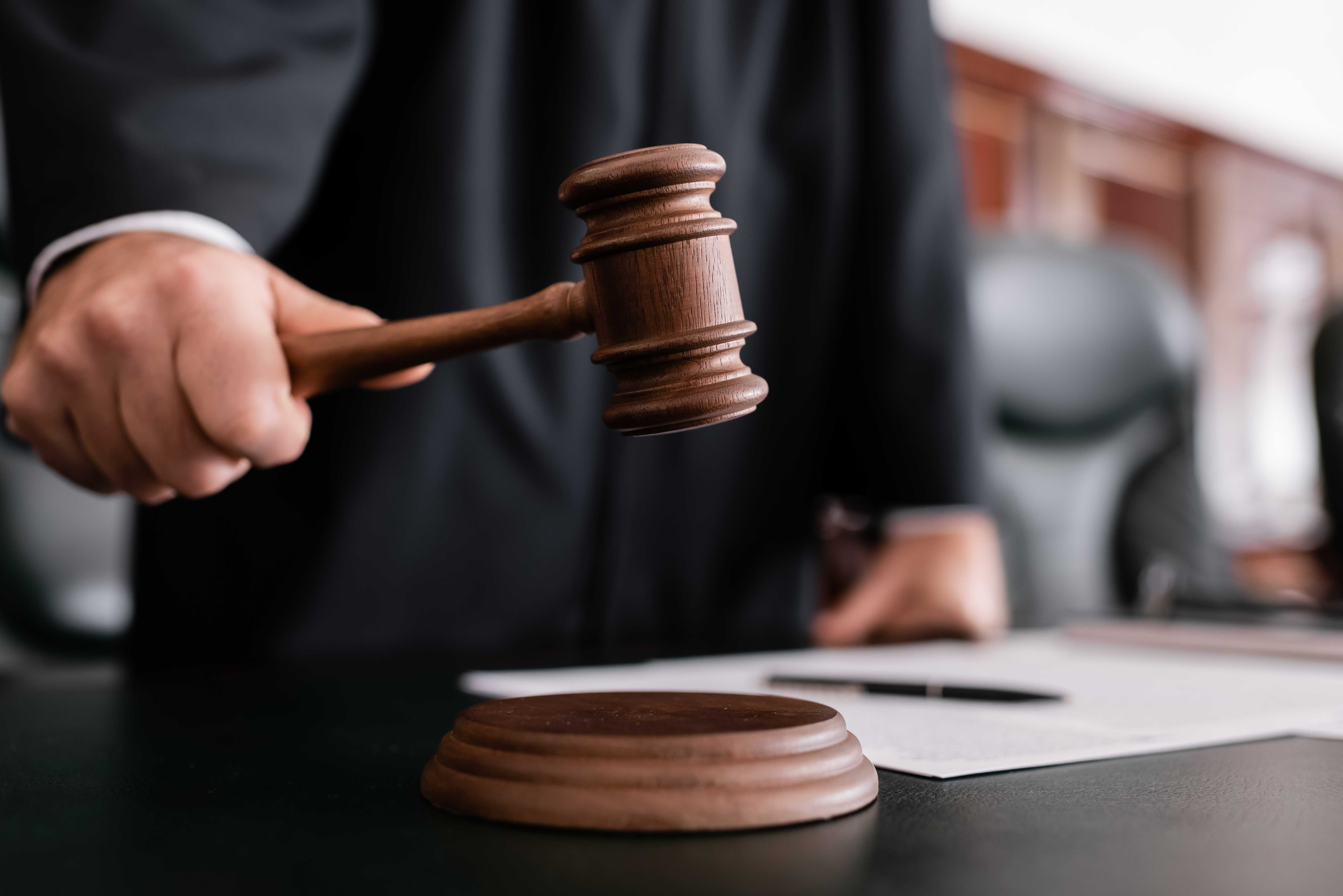Father Getting Billed By Fire Dept When Isn't The One Who Called And They Didn't Do Anything

I'm going to try to make this as short as possible.
We live in Minnesota. My father (53M) lives in a low income apartment complex due to being on SSI. He was making food in the oven and later realized he had accidentally dropped an oven mitt inside the oven and saw there was a fire inside the oven. (I am aware that you should just keep the oven door closed and turn off the oven in this instance, as lack of oxygen will extinguish the fire eventually.) He opened the oven and used a fire extinguisher. My dad states that he did not call 911, so it must have been a neighbor? I assume the smoke detector must have been going off. The fire department arrived and I guess just verified that the fire was out in the oven quickly and then left. The fire department billed the apartment complex, and the apartment complex is telling my dad he has to pay the $900 bill. Like I said he is on SSI so he doesn't have extra cash lying around. Should he have to pay this? What are his options? It just seems ridiculous that he didn't call them and they didn't perform any services other than deploy the employees and equipment.... but again he didn't call or ask for that. And since when do you have to pay for the fire department? You don't have to pay the police when they come to your house, why is this different? Isn't this what our taxes go towards??
Edit to add: We also live in a very small town of 3500 people. The Incident happened October 2024, they billed the apartment November 2024, but my dad JUST got the bill this bill mid February 2025? I don't understand why it would take that long, but here's the letter from the apartment complex:
"Per your lease that is signed and dated April 18, 2019, please refer to page 6, Tenant Responsibilities, letter (d), Safety, Maintenance and Damage: "If damage is caused, Tenant must report this immediately to Management and will receive a billing for repair cost."
Even though there was no damage done back on October 11, 2024, the ****** Fire Department was called to your residency for a stove/oven fire that was caused by your negligence leaving a pot holder in the oven at approximately 7:00 p.m
I have attached an invoice from the City of ****** for the fire call, which we just received. We will be willing to set up a payment plan with you until it the total balance due is paid in full. As also stated in your signed lease, same section stated above, if the tenant is unwilling to pay for these costs, a separate legal process may be used to collect the charges due. If you have renters' insurance, you may be able to file a claim and determine if any payment would be provided by this policy."
My dad contacted a housing attorney and they gave him this advice:
"I am very sorry to hear about your situation. Receiving a bill like this for fire response services is rather unusual, and we don't see this issue very often.
Most cities do not charge for fire response, but it isn't illegal to do so. Your landlord can only charge you for damages/repairs that were caused by you either irresponsibly, maliciously, or willfully. Your landlord is arguing that since you irresponsibly caused the need for the fire department (by leaving a potholder on the stove), you are responsible for the bill. Like I said, this is a unique situation and, in my opinion, a poor business practice by your landlord.
Unfortunately, I think the only options for fighting this bill are either to get your landlord to agree that you aren't responsible for it, or ignore the bill altogether. However, ignoring the bill may have consequences.
I would argue that since there was no damage to the unit or building, that you should not be responsible for the bill. In your landlord's letter, they state that you can be liable for any repair cost. I would argue that the bill for having the fire department respond is not a "repair". It's ultimately going to be up to you to decide how far you want to fight this. If you decide to ignore the bill, one of two things could happen: either the landlord files to evict you for the unpaid fee or they will just add the charge to your ledger and they could come after you for the unpaid fee after you move out (either through a lawsuit or sending the debt to collections).
If you decide not to pay the fee and the landlord files an eviction you would have the chance to explain the situation in court. As I said, this isn't a situation we see very often so I can't guarantee that a judge would find that you're not liable for the bill, but you would have the chance to plead your case.
If you don't pay the bill, your landlord might not file an eviction but just add it to the due amount on your ledger. If you don't pay the due amount before you move out, the landlord can deduct the amount from your security deposit and send any outstanding debt to a collections agency or file a lawsuit against you to get the rest back. If they try to withhold from your security deposit for this, you could file a claim against them to contest the charge.
The last option is to comply with your landlord's request and set up a payment plan to pay off the bill. This would be the best way to avoid negative impacts on your rental/credit history, but I understand that it may not be possible. You should definitely try to negotiate with your landlord to pay only a portion of the bill they may not agree, but it's worth a try.
I'm sorry I don't have clearer answers for you. At this point, it is up to you whether you'd like to risk ignoring the bill and waiting to see how your landlord responds, or you can pay the bill now through a payment plan and seek recourse for the money later. If you decide to pay the billI recommend calling 211 to see it there are any financial aid options available to you."
Here is the city's ordinance code: "Parties requesting and receiving fire services may be billed directly by the city within 30 days of the fire service. Additionally, if the party receiving fire services did not request services but a fire or other event exists which, at the discretion of the fire department personnel in charge requires fire service, the party will be charged and billed. All parties will be billed whether or not the fire service is covered by insurance. Any billable amount of the fire charge not covered by a party's insurance remains a debt of the party receiving the fire service."
[link] [comments]

